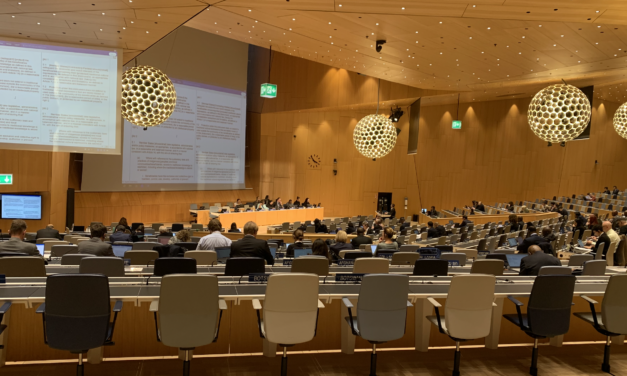Meeting with WIPO Director General Daren Tang, Spotlights NGOs’ Crucial Role in Intellectual Property Landscape
[Andrés Izquierdo] On behalf of WCL PIJIP and the Global Network on Copyright User Rights, Andrés Izquierdo attended a meeting organized by Daren Tang, Director General of the World Intellectual Property Organization – WIPO. The meeting had the participation of more than 40 accredited NGOs and industry stakeholder groups. This meeting served to highlight the pivotal role played by NGOs in the Organization’s work. To the meeting also attended KEI, IFLA, and Innovarte.
Read More



